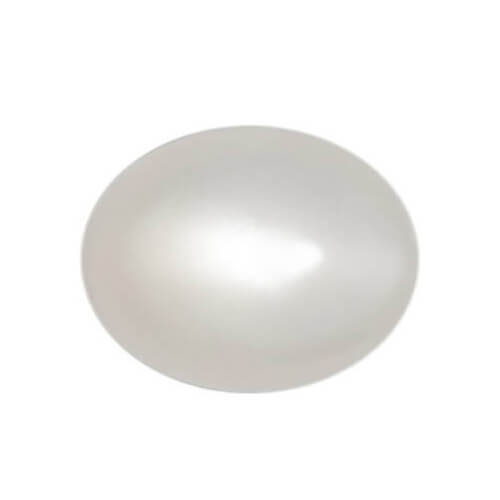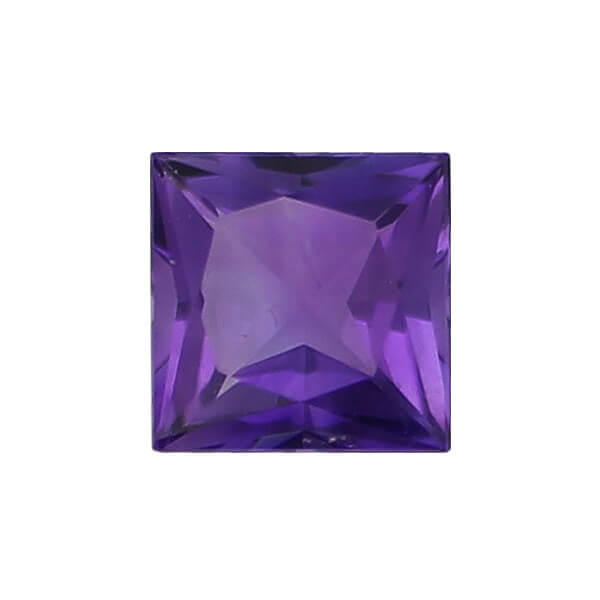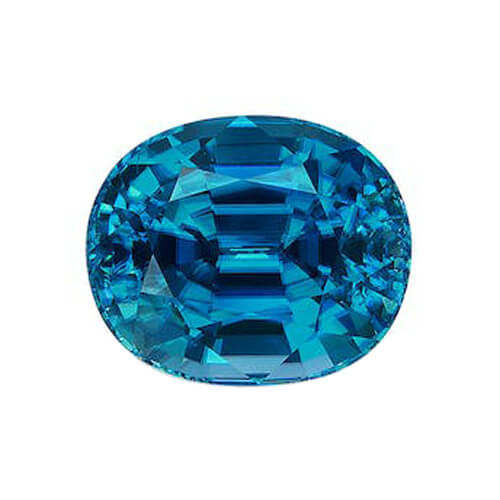
Zircon is one of the birthstones for December and an alternate gem for the 4th wedding anniversary.
Zircon has been treasured as a gemstone for nearly 2000 years. It occurs in all shades of the colour spectrum and is one of the densest gemstones. It will look smaller than other gems of the same weight. Being 50% denser than diamond a 1.50ct zircon will look similar in size to a 1.00ct diamond.

Onyx is a zodiac stone for Leo and one of the birthstones for July. It is also one of the gems for the 7th wedding anniversary.
Onyx has been used in jewellery as far back as Mesopotamia, one of the cradles of civilization.
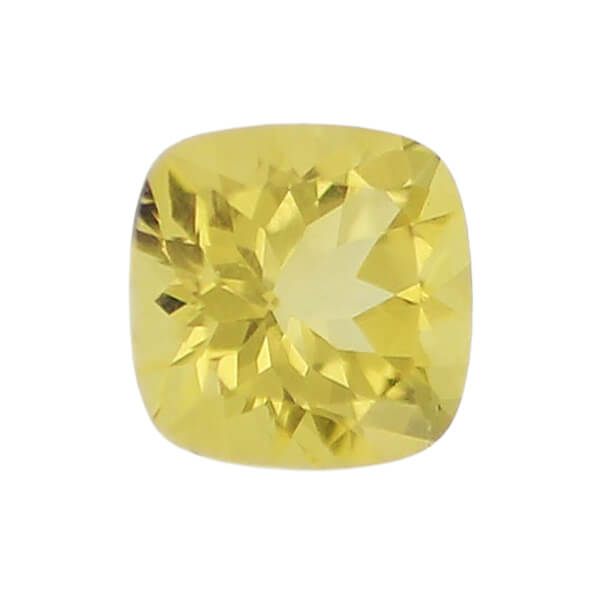
Golden Beryl is one of the gems for the 7th wedding anniversary.
Golden or Yellow Beryl is the yellow variety of beryl. Other colours in the Beryl family are: blue (Aquamarine), green (Emerald & Green Beryl), pink (Morganite ), colourless (White Beryl/Goshenite), and red (Bixbite from Utah).
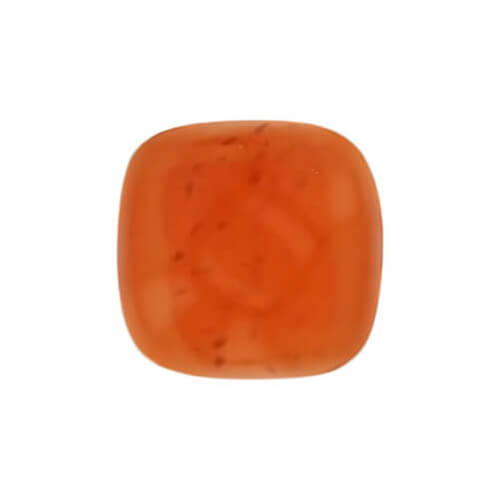
Carnelian is a July birthstone and the Zodiac birthstone for the signs of Leo and Virgo.
Carnelian has been prized throughout history for its protective qualities and carved carnelian amulets and charms were popular with many ancient cultures. In the early Neolithic period, beads were made from carnelian. In Ancient Egypt, carnelian was closely associated with the sun god, Re, and often used in jewellery. It was especially popular during Roman times in making marriage and seal rings.
Today the finest gems are found in Brazil, Uruguay, India and Madagascar.
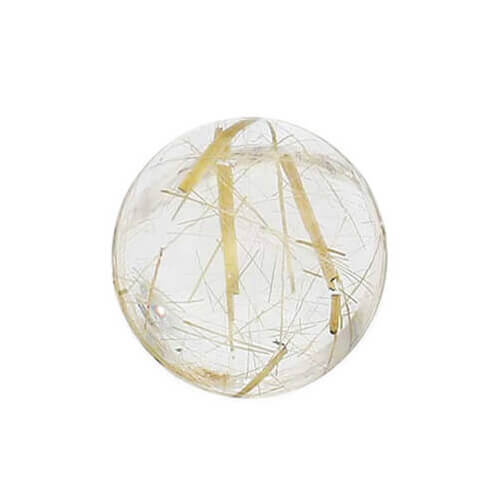
Pure quartz, traditionally called rock crystal is colourless and transparent or translucent. The coloured varieties of quartz occur due to built-in trace elements or inclusions of other minerals.
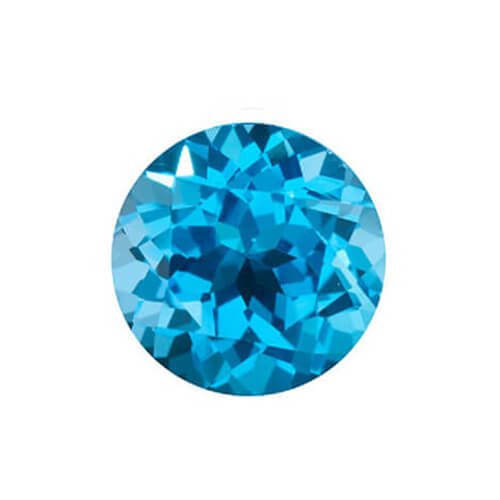
Topaz is the birthstone for September, the gem for the zodiac sign Scorpio and the gemstone for the 4th wedding anniversary.
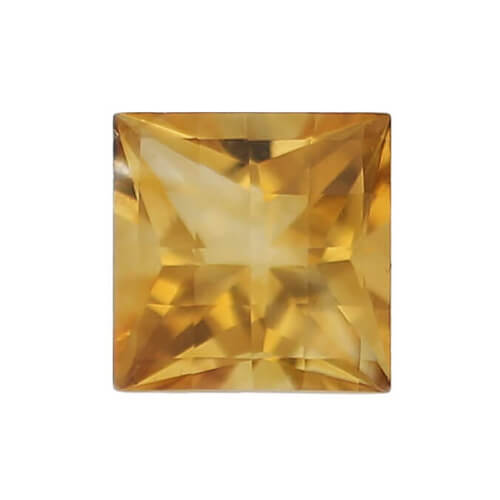
Citrine is the birthstone for November.
Citrine’s is a variety of quartz. Its attractive colour, durability and affordability make it the most popular and frequently purchased yellow to orange gem. The term citrine was derived from the old French term “citrin” meaning “lemon-colored”.
It was popular in Ancient Greece and loved by Queen Victoria.
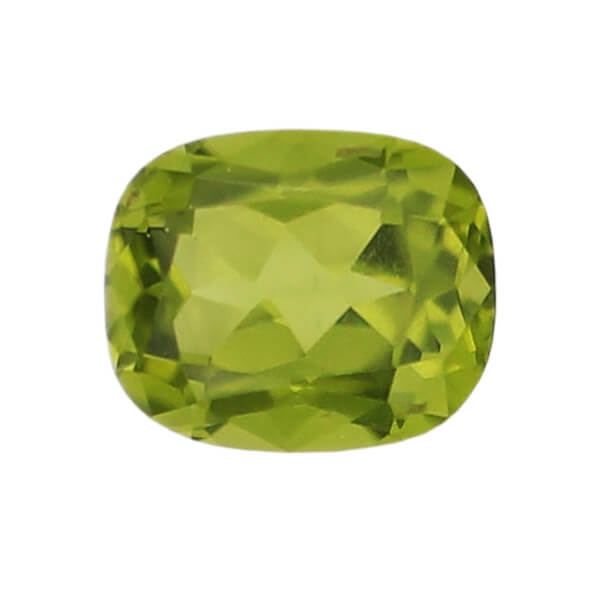
Peridot is the birthstone for August, gem for the zodiac sign Leo and the 16th wedding anniversary gemstone.
Peridot is the gem variety of the mineral olivine. It forms inside volcanic lava, deep in the earth’s crust. It has been found to be alien in origin! It has been recorded in meteors and comet dust.
Peridot is the national gem of Egypt and has long been prized by ancient cultures. Ancient Egyptians mined it on the island of Zabargad in the Red Sea and they collected peridot as part of the Pharaoh’s treasury. The ancient Romans referred to this stone as the “Evening Emerald” as the green colour remains constant regardless of lighting.
Peridot is now also sourced from many countries which include Australia, Brazil, Pakistan, Mexico, the USA , China, Myanmar , Vietnam, Finland and Zambia. One famous example is the pear-shaped 154ct gem known as the Green Goddess peridot.
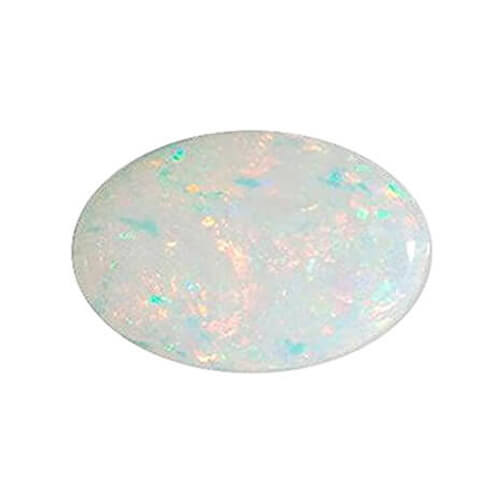
Opal is the birthstone for October, the gem for zodiac sign Libra and the 12th and 14th wedding anniversary gemstone.
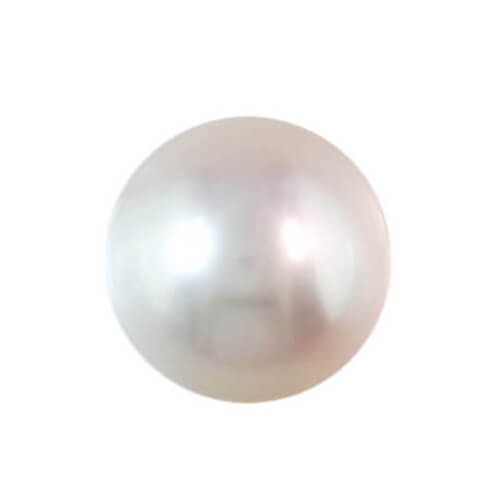
Pearl is the birthstone for June, the gem for the zodiac sign Gemini and the anniversary gem for the 3rd and 3oth wedding anniversary.
A pearl is an organic gem formed inside molluscs ( mussels in freshwater and oysters in saltwater ). When a foreign substance such as a food particle slips inside, the creature protects itself by covering the irritant with layers of nacre. As layers of nacre are build up over time the pearl is formed.
La Peregrina is the most famous natural pearl. At 50.96ct it is about the size of a pigeon’s egg. It was owned by King Ferdinand V of Castile (1452-1516), King Philip II of Spain (1527-1598) who gave it to his wife Queen Mary I (1516-1558) and also by Dame Elizabeth Taylor (1921-2011). The pearl was mounted in a Cartier necklace and in New York on December 2011 Christie’s auctioned it for $11.8 million US dollars.
The majority of pearls available today are cultured. Desirable natural pearls are extremely rare and as such are equally expensive. In fact, only one in approximately 10,000 oysters not in farms will ever produce a pearl, and of those, only a very small percentage would ever yield a gem that is the right shape, size and colour to be desirable.
Cultured pearls grow in saltwater or freshwater pearl farms. A nucleus, basically a round bead, is inserted into the soft tissue of the mollusc. From there the pearl growing process is the same as that of a natural pearl.
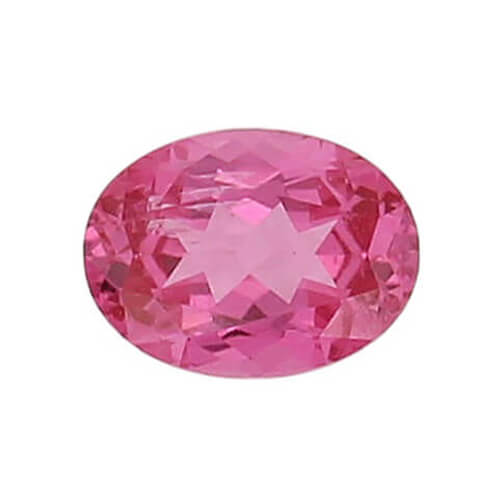
Natural spinel has always been a rare and beautiful gem. It is one of the August birthstones and the gemstone for the 22nd wedding anniversary.
While spinels have surged in popularity in the last few decades they have been used in jewelry since ancient times. They can be found in many royal jewel collections. The 170ct “Black Prince’s Ruby” and the “Timur Ruby” in the Crown Jewels of England are two examples. Spinel was often mistakenly identified as ruby or sapphire in the past as they form under the same geological conditions and have similar colours, luster, and are nearly as hard, (8 on Moh’s scale of hardness). Traditionally they were mainly sourced in Afghanistan, Myanmar, and Sri Lanka, but more recently they have been discovered in various sites in Africa, Australia, Russia, and Vietnam.
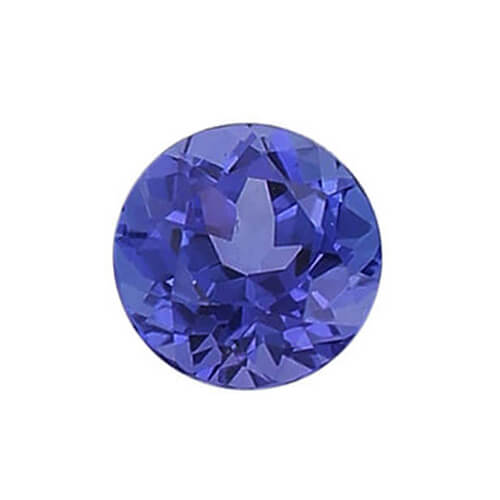
Tanzanite is one of the birthstones for December and the 24th wedding anniversary gemstone.
Tanzanites are very rare. They are only found in a 20-square-mile area known as the Merelani Hills in Northern Tanzania, near the city of Arusha and Mount Kilimanjaro. Masai tribesman Ali Juuyawatu is said to have discovered the first tanzanite crystal in 1967.
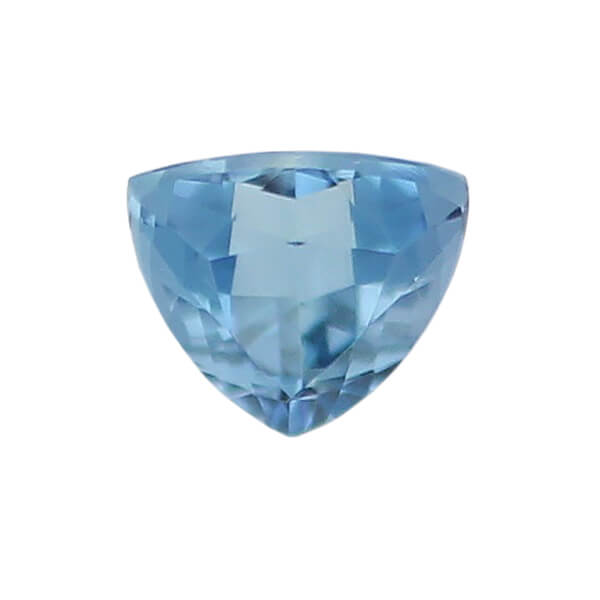
Aquamarine is the birthstone for March and the gem for zodiac sign Pisces and the gemstone for the 18th or 19th wedding anniversary.
Aquamarine, the Latin for seawater is the name given to this light greenish-blue gem from the beryl family. Other types of beryl are emerald, morganite, golden beryl and heliodor, and the rarest – red beryl. Beryls can range from colourless to black, and crystals can range in size from single carats to extremely large and flawless examples displayed in museums. Transparent crystals are referred to as ‘precious beryl’.
The 1,298.00ct Roosevelt Aquamarine is one of the most famous aquamarines.
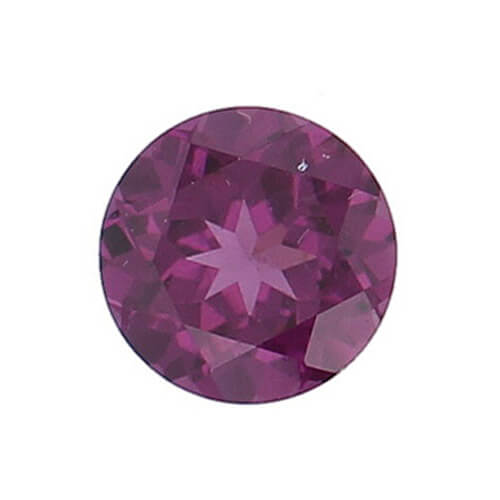
Garnet is the birthstone for January and the gem for the zodiac sign Capricorn. It is also associated with the 2nd, 15th and 19th wedding anniversaries.
When the term “Garnet” is used, it is usually the dark red type and other colour garnets are given more descriptive gemstone names. All garnets have essentially the same crystal structure, but they vary in chemical composition. Garnets have great brilliance due to their high refractive index and they have a hardness of 7 to 7.5 on the Mohs scale
There are more than twenty garnet categories, called species, but only five are commercially important as gems. Almandine, Pyrope, Grossular, Spessartine, Andradite and Uvarovite. These species are further divided into varieties with different colours and characteristics. Here are some of the most popular.





